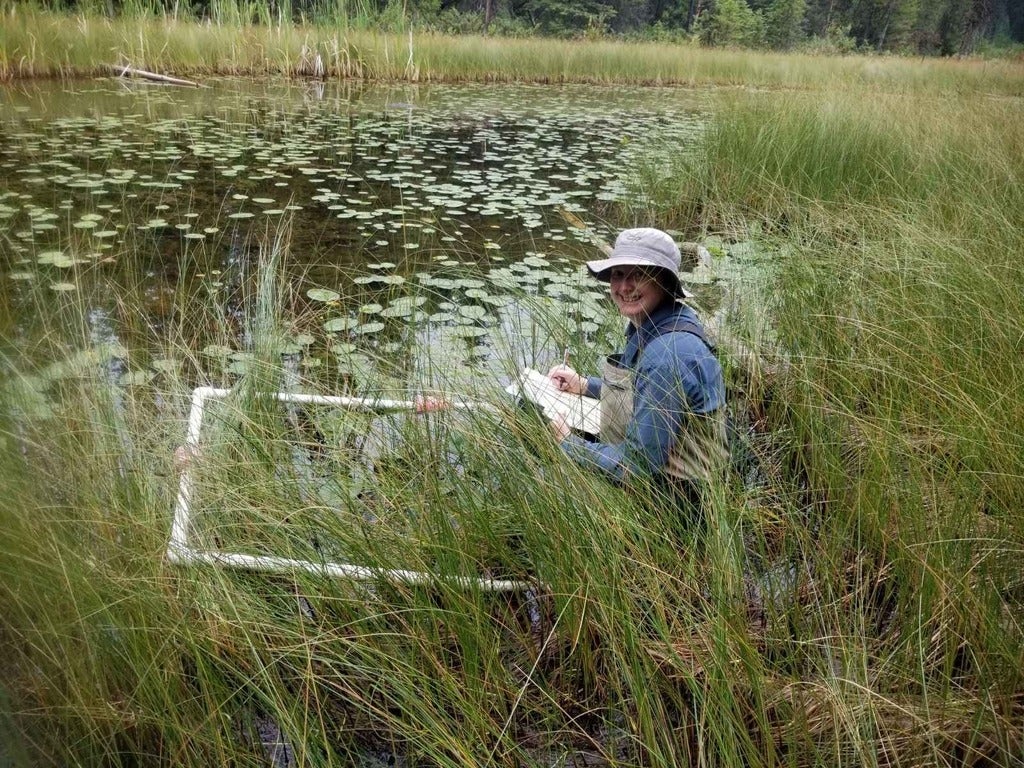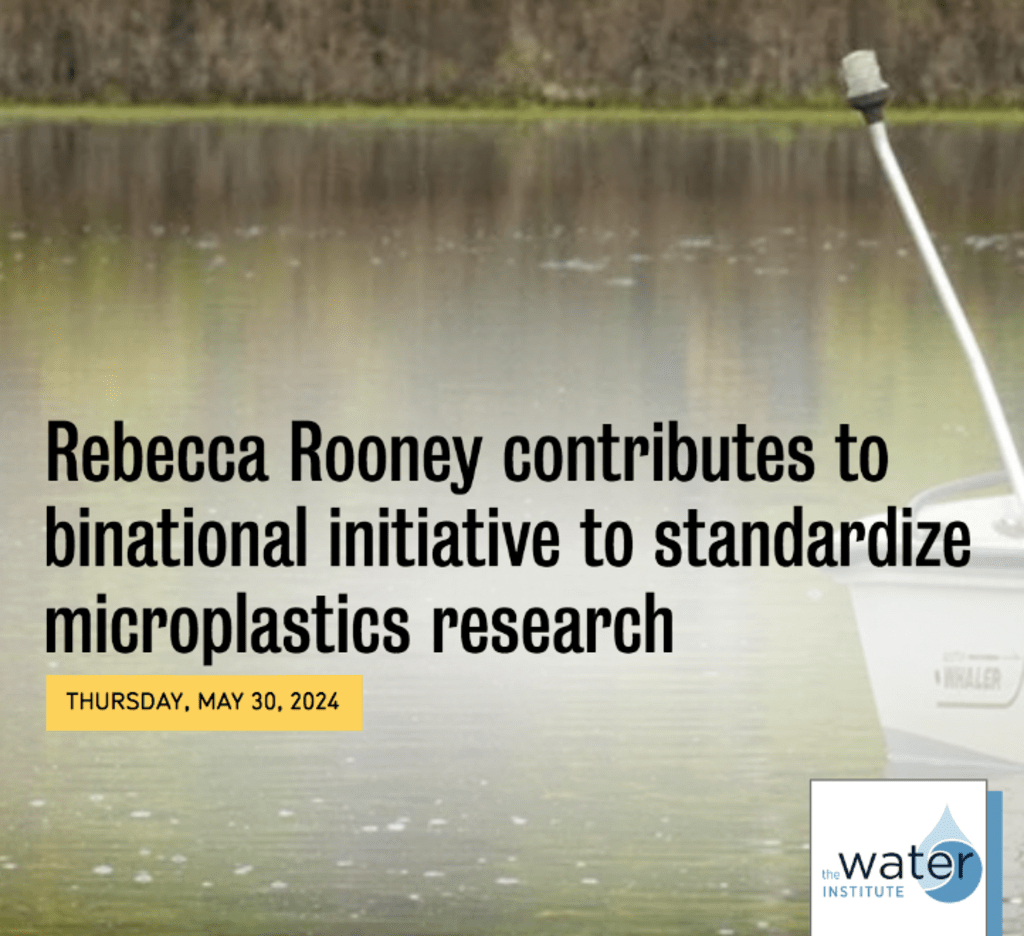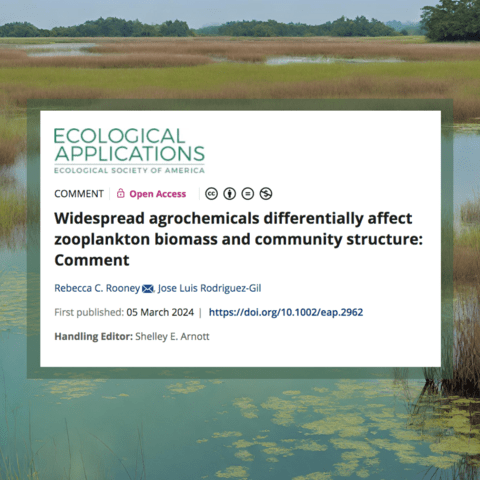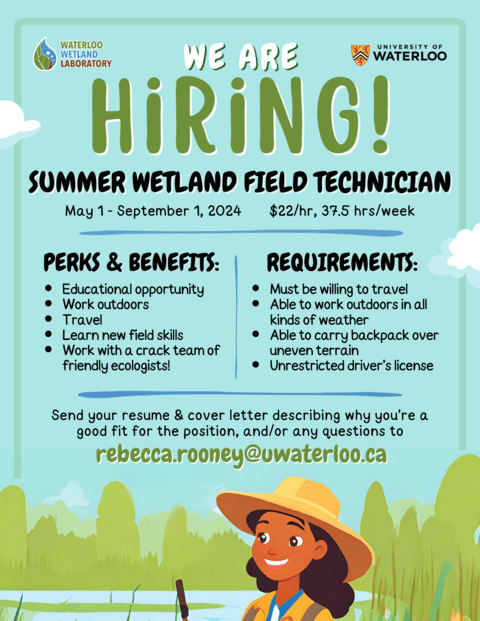Catriona successfully defends her MSc thesis
We are excited to announce that Catriona Leven successfully defended her MSc thesis, titled "Wetland hydrology and the impacts of beaver dams in the Upper Columbia River floodplain wetlands" this afternoon! Her hard work offers valuable insights into the role of beaver activity in shaping wetland ecosystems.
Please join us in congratulating Catriona on this incredible achievement!





